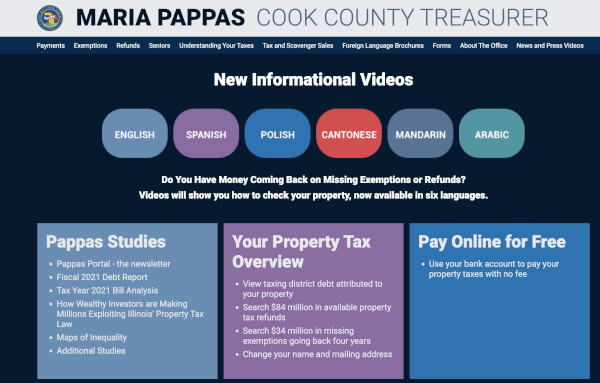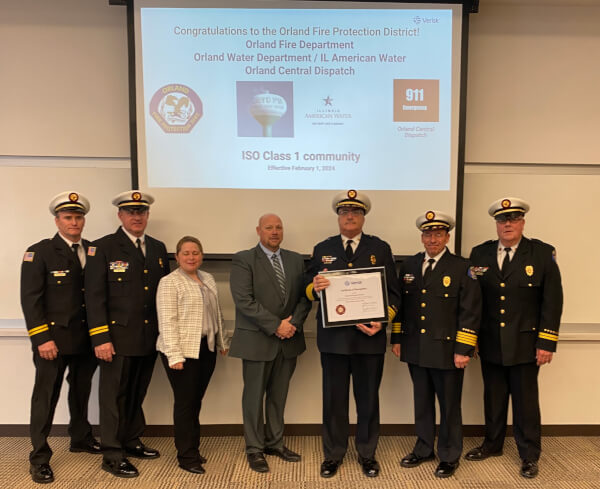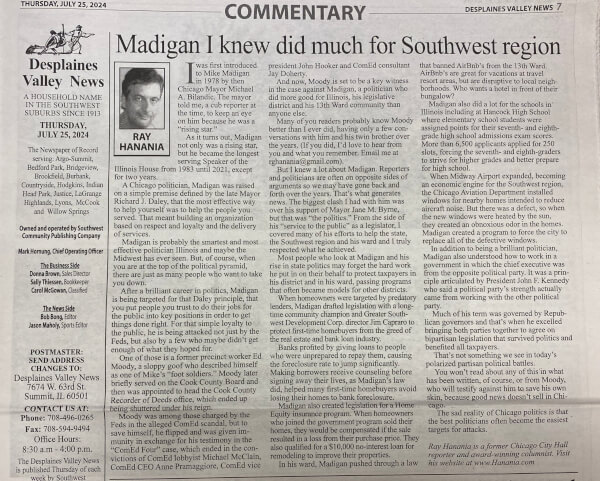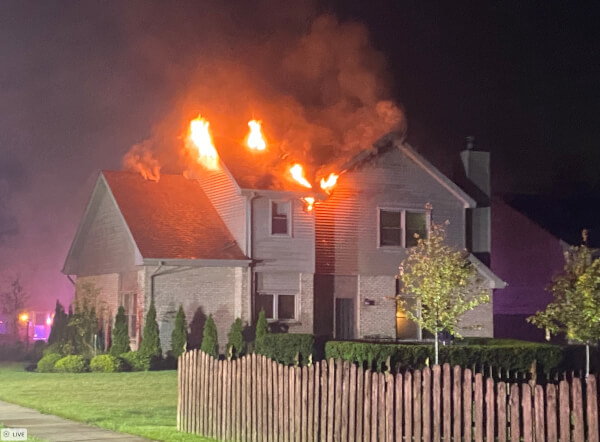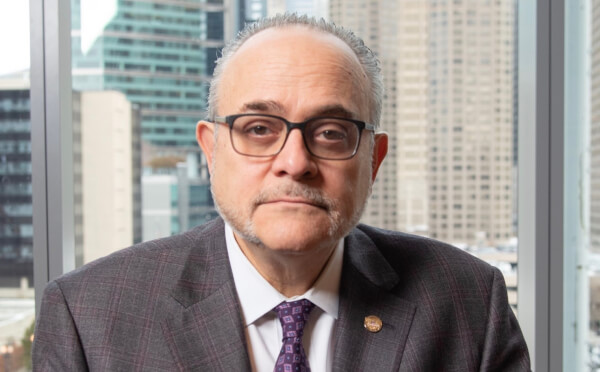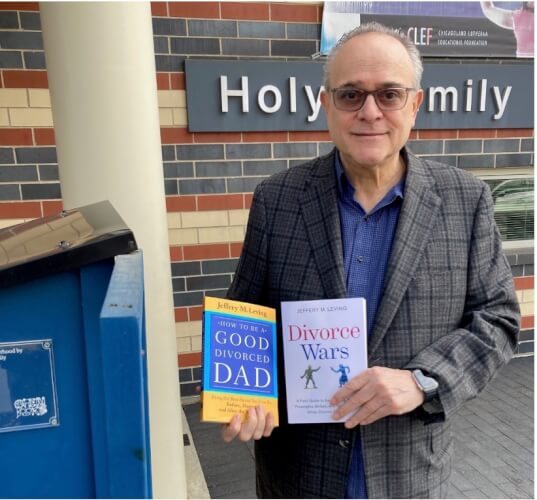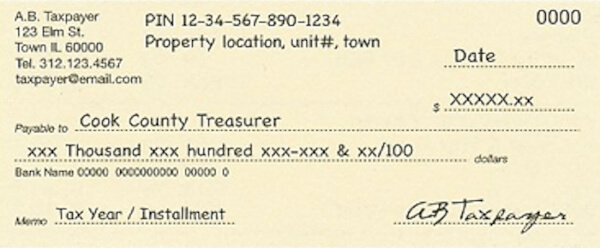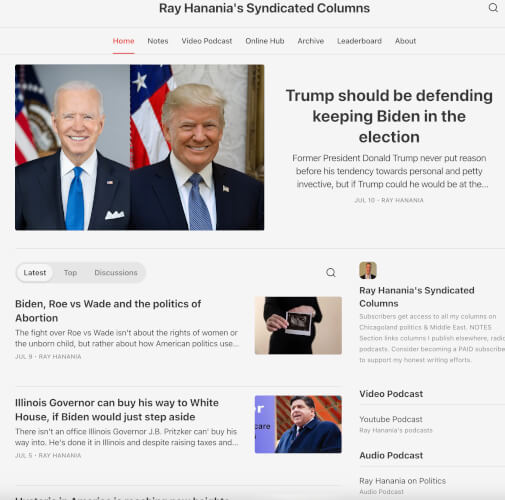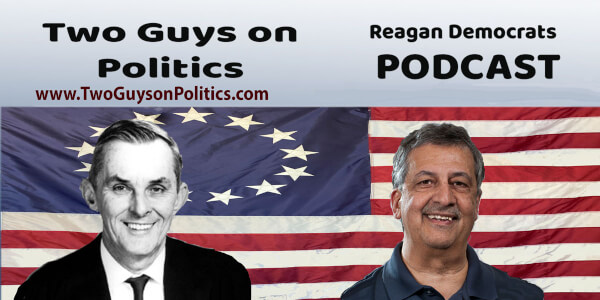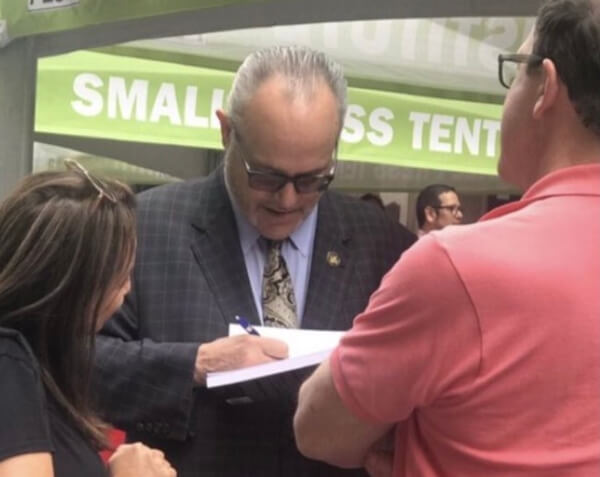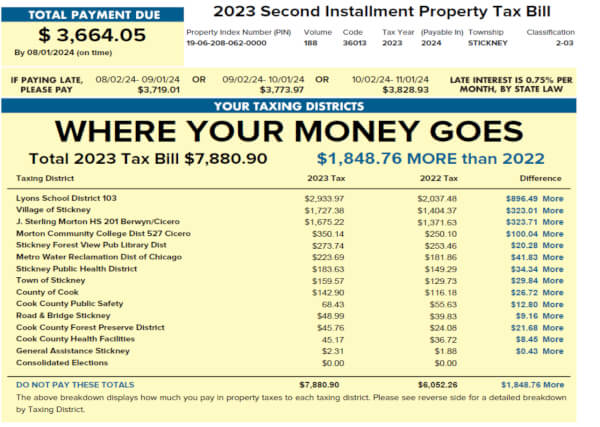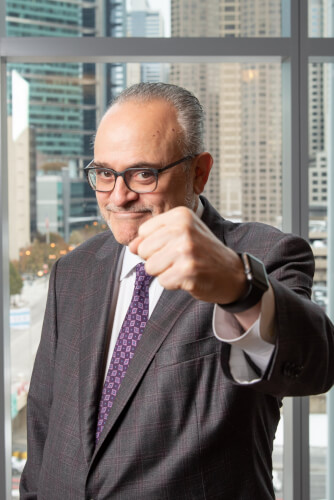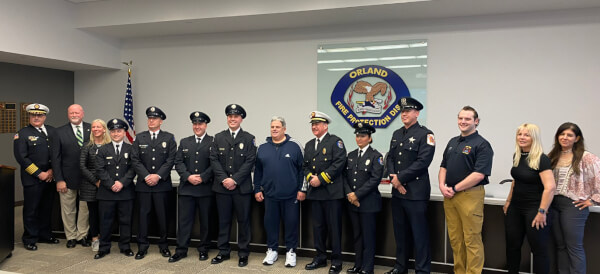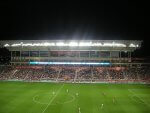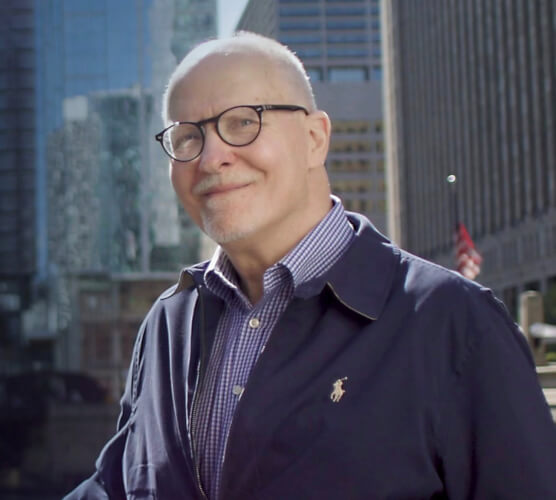Can Mayoral challengers step up to give Emanuel a run for his money?
A new analysis by the Illinois Campaign for Political Reform looks at how record spending is making it difficult to challenge incumbents who raise huge campaign war chests in New York, Chicago and Los Angeles. Can challengers in Chicago really challenge Mayor Emanuel whose last election saw more than $33 million spent, and whose war chest currently is $4.7 million?
With the election still over nine months away, all eyes are focused on who will be elected Chicago’s next Mayor in 2019. Money is already flowing into the race, with incumbent Rahm Emanuel’s campaign reporting $2.8 million in contributions for the month of April. When Willie Wilson wrote himself a check for $100,000, he lifted contribution limits from the race, allowing candidates to take in unlimited amounts of money from any source.
Currently, all candidates combined have just over $5 million in cash on hand for next year’s election. Emanuel has $4.7 million on hand, 18 times more than the combined total of his challengers. While many expect the election in 2019 to be difficult for Emanuel, he currently maintains a significant financial advantage over his opponents.
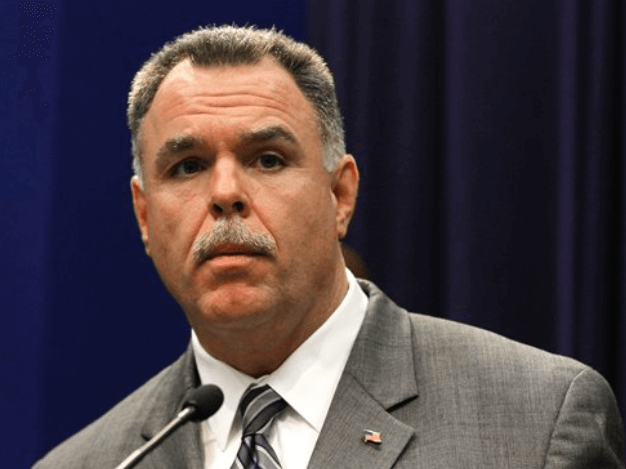
Emanuel’s top donors this year have included Michael Sacks ($500k), the Chicagoland Operators Union ($250k), the Ironworkers Union ($250k), the LIUNA Union ($250k), and Daniel Tierney ($133k). In addition, the Chicago Carpenters Union, Michael Duchossois, Barry Malkin, the Willy Family, Inc., and Bernard Schwartz have each given $100,000 to Emanuel.
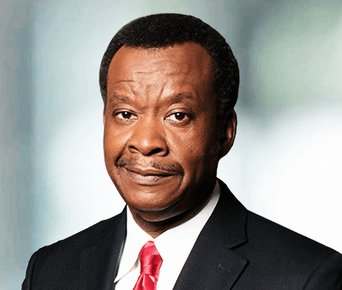
Can the Challengers Compete?
Currently, Emanuel’s challengers are struggling to raise any money, let alone match the mayor’s fundraising powerhouse. Emanuel’s nearest fundraising competitor, Garry McCarthy, started the month of April with $91,445, and has only raised $13,500 since. None of McCarthy’s donors have given over $10,000, leaving significant room for growth in his fundraising strategy. Self-funder Willie Wilson could also expand his fundraising pool by developing an outside donor base, as $100,000 from his $116,900 war chest came from his own wallet.

Cook County Commissioner Bridget Gainer, who has indicated an interest in running, may be the best positioned to challenge the sitting mayor. Gainer currently has $812,142 in funds available in her campaign account. While the mayor’s $4.7 million still dwarfs Gainer’s money, Cook County Commissioner Chuy Garcia posed a serious challenge to Emanuel in 2015 with significantly less money than Gainer coming into the 2019 race.
Most Expensive Mayoral Races in US History
Totals Include Funds Spent by Candidates and Super PACs
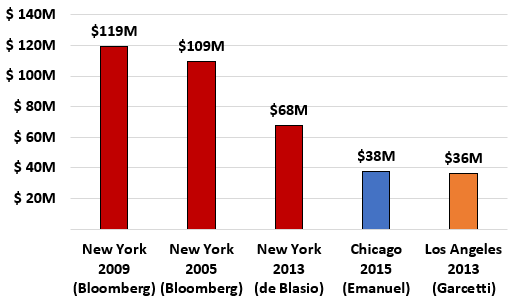
Historical Cost of Mayoral Elections
The 2015 race for Chicago Mayor cost a whopping $38 million, including $3.3 million in spending from Super PACs including Chicago Forward and Chicagoans United for Economic Security PAC. By comparison, Emanuel’s first election in 2011 cost just $19 million, and the 2007 race, the final for the Daley family, cost $7 million.
The 2015 Chicago Mayoral race, costing $38 million, ranks in the top four most expensive mayoral elections in US history. Billionaire Michael Bloomberg took the record for most expensive race with a $119 million election in 2009, following a $109 million race to secure re-election as New York’s Mayor in 2005. Bill de Blasio of New York also saw a $68 million race when he first won election in 2013. Los Angeles, CA has also seen a rise in cost for their Mayoral races, with candidates spending $36 million in 2013.

